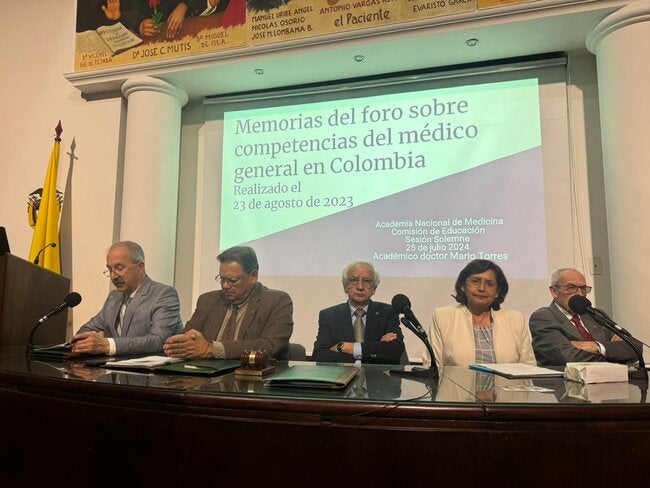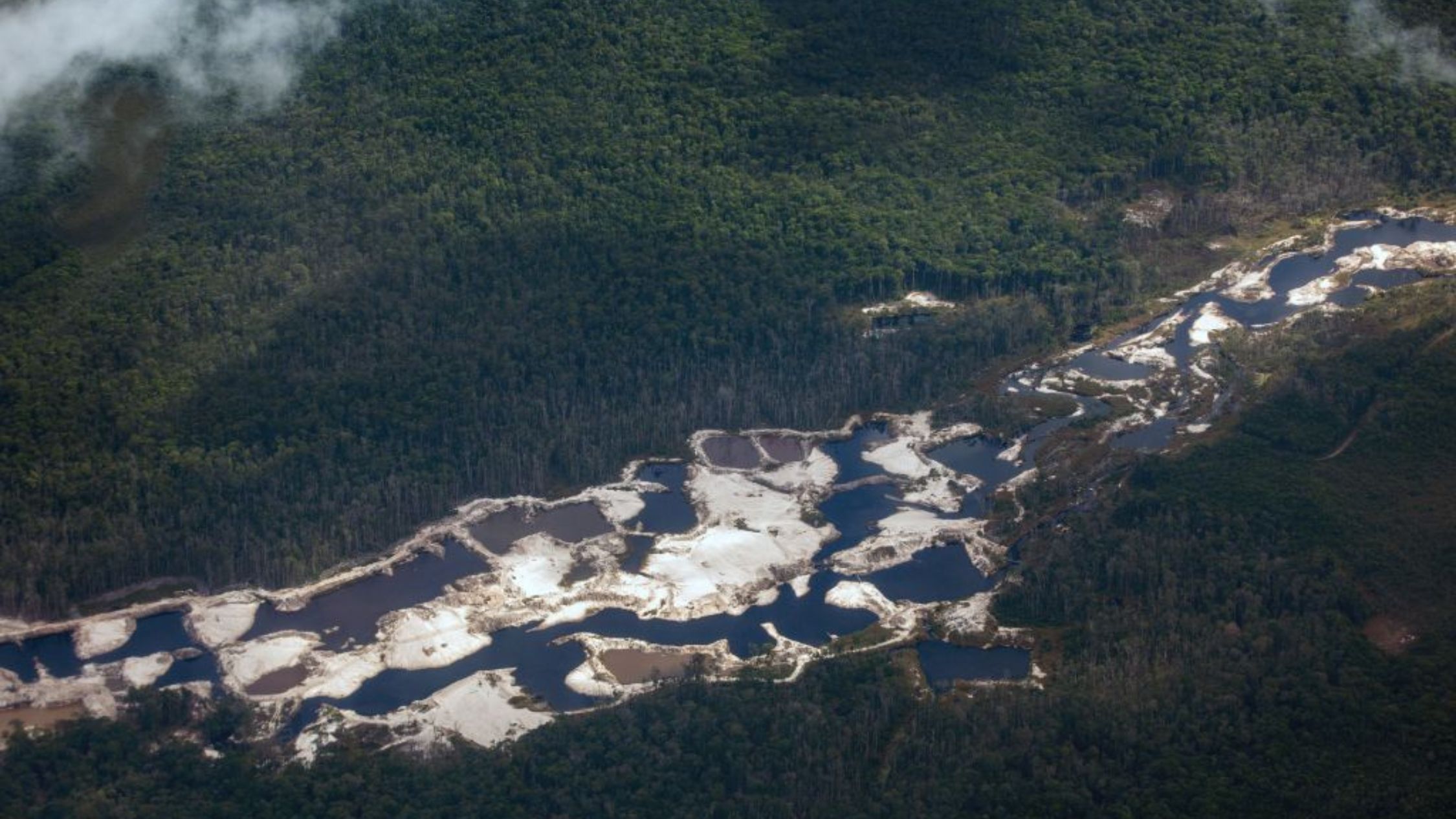(CNN in Spanish) — The meeting between Guyana and Venezuela on the Essequibo Territory dispute is scheduled to take place on Thursday, in which several actors will participate.
The meeting was proposed to be held on 14 December by the Prime Minister of Saint Vincent and the Grenadines, Ralph Gonsalves, in letters sent to both Venezuela and Guyana.
An aerial view of the Essequibo region taken from Guyana on December 10, 2023. (Credit: ROBERTO CISNEROS/AFP/Getty Images)
The two countries accepted the invitation to hold the meeting and invited Brazilian President Lula da Silva to participate in the talks. According to the messages, the meeting will be held in Saint Vincent and the Grenadines.
For his part, Venezuelan President Nicolas Maduro said that he welcomed “direct face-to-face talks.” Meanwhile, the Guyana government indicated on social media that it had agreed to meet its Venezuelan counterpart, but remained firm in its positions on Essequibo.
What are Guyana and Venezuela asking for in the territorial dispute over the Essequibo River?
Essequibo is a region in northeastern South America of about 160,000 square kilometers connected to the Atlantic Ocean, located between the mouths of the Orinoco and Essequibo rivers.
The dispute between Venezuela and Guyana over Essequibo dates back to the late 19th century and both countries claim it as theirs, although Guyana has actual control.
Guyana maintains control of the territory thanks to the 1899 Paris Arbitration Award, in which international mediators granted the British, who then ruled the colony of Guyana, sovereignty over Essequibo, an oil-rich region.
However, Venezuela claims that it lost the territory in 1899 because of the arbitration award, which it has considered null and void since 1962 when it denounced to the United Nations the alleged flaws in the proceedings.
In 1966, the Geneva Agreement was signed, in which the United Kingdom recognized the existence of a dispute over the Essequibo Territory. In the same year, Guyana became independent, beginning a phase of direct negotiations with Venezuela.
But since then, no agreement has been reached on this dispute, which has witnessed an escalation in tension in recent weeks due to the referendum held by Venezuela early last December, which about 95% of citizens said they supported, according to Reuters. Establishing a Venezuelan state in the Essequibo region, granting Venezuelan citizenship to its residents and “incorporating that state into the map of Venezuelan territory.”
The Government of Guyana confirms that Caracas seeks, through this consultative referendum, to “annex” Essequibo. The International Court of Justice has also said so Annexing Essequibo to Venezuela would be illegal.
Before the referendum, Guyana rejected this and asked the International Court of Justice to issue an emergency order to stop the popular poll. The International Court of Justice ordered the Maduro government to refrain from taking actions that would exacerbate the conflict over Essequibo; However, Venezuela once again ignored the jurisdiction of the International Court of Justice to resolve the dispute.
The International Court of Justice, the main judicial body of the United Nations, has been trying to mediate the dispute for several years.
In March 2018, Guyana appealed to the International Court of Justice to confirm the “legal validity and binding effect” of the Paris Prize for Arbitration decision.
Months later, in June 2018, Venezuela submitted a letter to the International Court of Justice stating that this body lacked jurisdiction to rule on the matter and that it would therefore not participate in the proceedings. The ICJ then decided that the first thing to do was to resolve the question of its jurisdiction, which it did in 2020, when it ruled that it had jurisdiction to assess the case.
Tension remains: Venezuela ignores the jurisdiction of the International Court of Justice, rejects the Paris resolution and claims that the only legal instrument it recognizes in the dispute is the Geneva Agreement, while Guyana says that despite the meeting scheduled for Thursday, Venezuela’s land borders will not be subject to For discussion and will respect any ruling of the International Court of Justice.
With information from CNN’s Yvonne Valdes, Abel Alvarado, Michael Rios, Haley Britsky, Osmari Hernandez, German Badinger, Galen Bickford, Handi Atay Alam, Mia Alberti and David Shortle.

“Music buff. Social media lover. Web specialist. Analyst. Organizer. Travel trailblazer.”




:quality(85)/cloudfront-us-east-1.images.arcpublishing.com/infobae/SXDWOIO7O5FMZOWUATFEXQYWTY.jpg)


More Stories
They condemn the irregularities that occurred in the installation of voting tables in the presidential elections in Venezuela.
At least 50 Cubans stranded in Peru after flight to Nicaragua canceled
Censorship in Venezuela: Condemn Chavism’s Blockade of Three Media Days Ahead of Elections